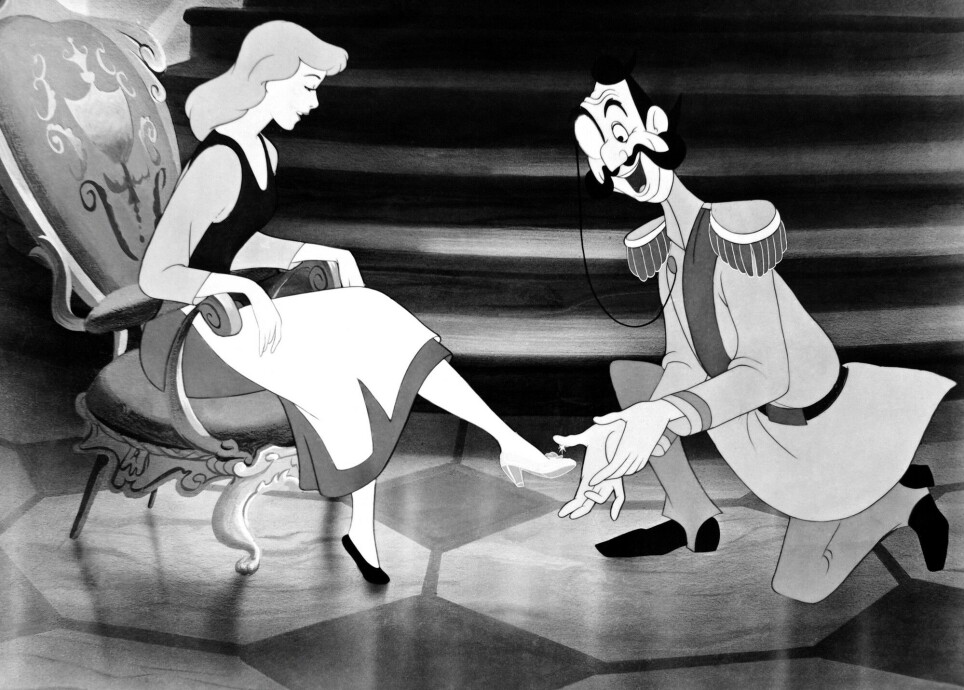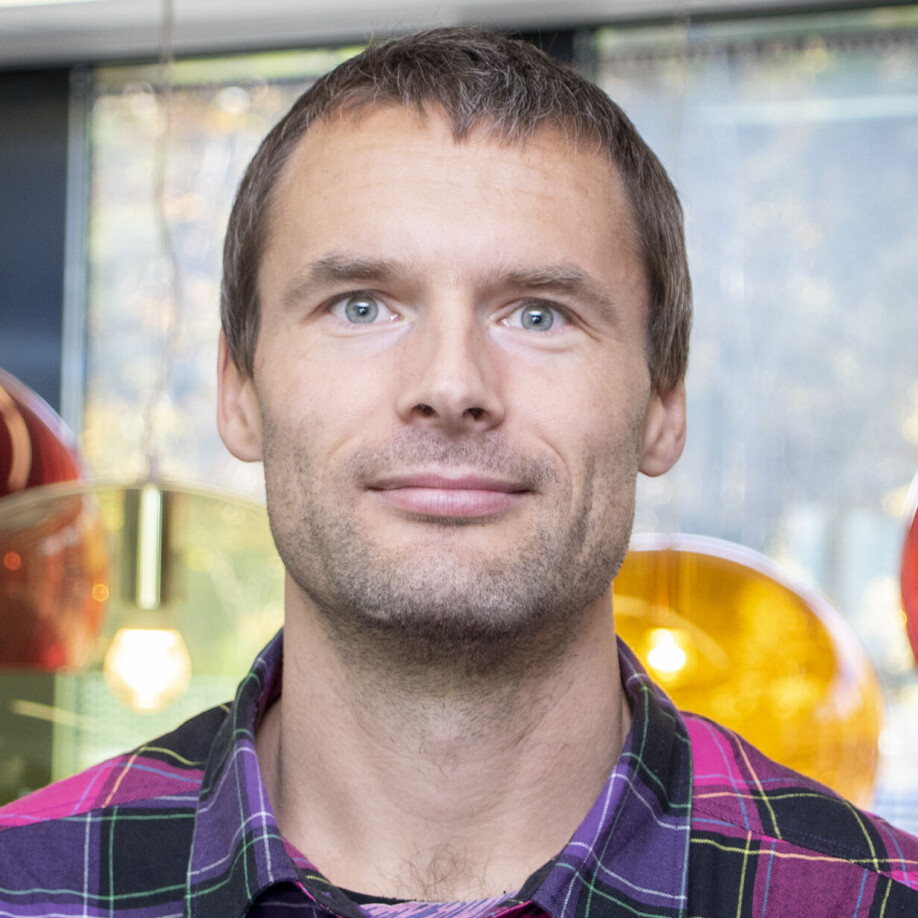THIS ARTICLE/PRESS RELEASE IS PAID FOR AND PRESENTED BY THE University of Agder - read more

The poor are kinder than the rich
New research suggests that Disney movies were right all along. There is in fact a connection between economics and morality - and it is not as researchers thought.
If there is one thing we have learned from Walt Disney, it is that the rich are simply a little meaner than the rest of us. Just think of the greedy Prince John in Robin Hood, or the miser Uncle Scrooge in the Donald Duck comics.
On the other side in the Disney stories, we find the good ones who come from poor circumstances. Cinderella who is treated badly at home, but who with her pure heart wins the prince. Or the seven hard-working dwarfs who look after Snow White when she needs help.
As we get older we discover that things may not be that simple. We are often told that a more realistic view of the world is that the poor only think of raking in as much as they can, and that the people in the middle class and up are the good ones.

Surprising findings
“Research in this field goes in many directions. Some studies show a positive association between socioeconomic status and morality, while other studies show a negative association,” says Tobias Otterbring, professor at the University of Agder.
Together with three colleagues from Aarhus University in Denmark, with Christian T. Elbæk as project leader, he has analysed data from over 46,000 participants from 67 different countries.
“Considering previous research, we were surprised,” Otterbring says.
The researchers found that lower socioeconomic status is associated with more moral attitudes and behaviour both at an individual and national level.
‘Socioeconomic status’ is a term that is used when talking about both social and economic inequality. It is often used in the same way as the term ‘social class’ but is less politically charged.
Countries compared
The findings from the survey show that individuals who had grown up in environments with low resources had a stronger moral identity compared to others. They were more likely to donate money to charity, and they placed more emphasis on cooperation.
When comparing countries, the researchers found that in countries with a high degree of social inequality the population had a stronger moral identity than in countries with small differences in inequality.
Moral identity was measured by presenting participants with statements such as “It would feel good to be a person who is [quality],” where the answer options were on a scale from 1 to 10 on qualities such as caring, fair, kind, generous, helpful, hardworking, honest and kind.
Poor as dependent on others
“Those who live in poverty are probably more dependent on other people. Perhaps they are also more sensitive to their social environment. If a poor person does something kind for another, the recipient may be more inclined to give something back,” Otterbring says.
On the other hand, people who are better off may think that they can manage on their own and do not need other people in the same way, the researcher believes.
“This is interesting to consider for those of us who live well in Norway. Perhaps our findings can inspire those with high socioeconomic status to think more about people outside their circle of friends and family, and act accordingly,” Otterbring says.
Weak but significant association
The researcher points out that although the correlations are found in the data, they are not particularly strong. He calls them ‘weak, but significant’.
“We found this association even when controlling for other variables. We can imagine that even if only a small part of people’s morality can be explained based on their socioeconomic status, it will have major consequences when considering the entire world,” Otterbring says.
The figures are collected as part of the large international ICSMP project in which Otterbring has also participated. ICSMP is a collaboration to examine the social and moral psychology of Covid-19.
Otterbring notes that the figures may have been influenced by the pandemic, and that it may have reinforced some of the findings. Like other studies of this kind, it is also based on what the participants say about themselves. As is well known, what one does and what one says do not always go hand in hand.
“What is unique is that we have data material from so many different countries. Studies in this area have usually been conducted under controlled conditions at a university with students as participants, often only in one country. But here we have a relatively representative sample of participants from 67 different countries,” Otterbring says.
Reference:
Christian Elbæk et.al.: Social Class and Income Inequality is Associated with Morality: Empirical Evidence from 67 Countries. The article Social Class and Income Inequality is Associated with Morality: Empirical Evidence from 67 Countries is currently published as a preprint. This means that it has not yet been peer-reviewed, but it is being considered by one of the Nature publications. DOI: 10.21203/rs.3.rs-1082570/v1
———
Read the Norwegian version of this article at forskning.no
See more content from the University of Agder:
-
Fear being rejected: Half pay for gender-affirming surgery themselves
-
Study: "Young people take Paracetamol and Ibuprofen for anxiety, depression, and physical pain"
-
Research paved the way for better maths courses for multicultural student teachers
-
The law protects the students. What about the teachers?
-
This researcher has helped more economics students pass their maths exams
-
There are many cases of fathers and sons both reaching elite level in football. Why is that?





































